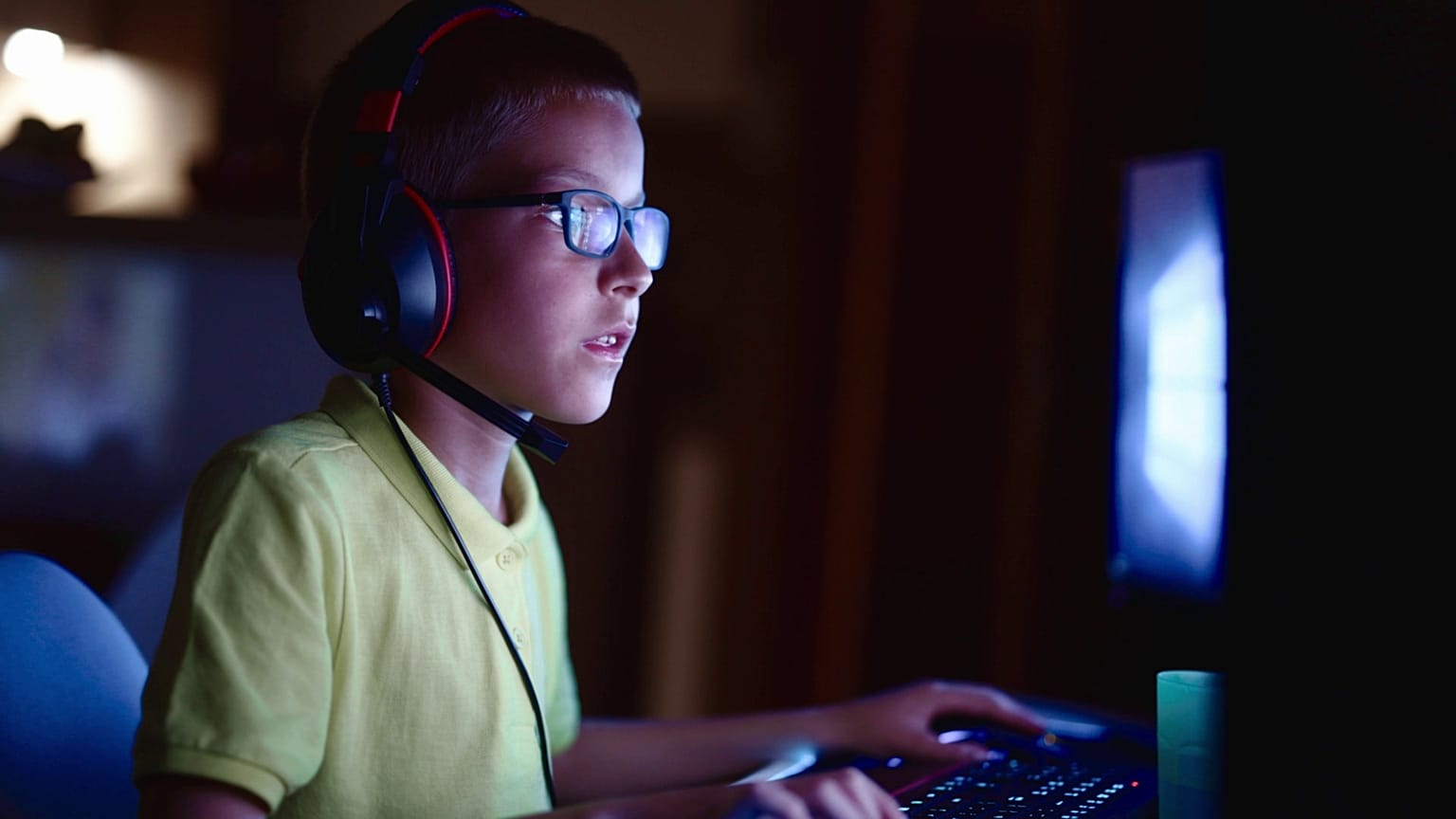More and more children are spending time online, whether it's scrolling through TikTok or playing Fallout. Some, however, may be lured into organized crime after playing games and downloading apps.
Whether they’re scrolling through TikTok, playing Fallout, or watching movies on Youtube, children are spending more and more of their lives online.
 ADVERTISEMENT
ADVERTISEMENT
 ADVERTISEMENT
ADVERTISEMENT
In fact, research paper EU Kids Online 2020, discovered that 62 per cent of young people access the internet daily. The average time children spend online is 2 hours and 6 minutes during the week, rising to 3 hours and 16 minutes at the weekend. And thanks to our increasingly digital world, these figures are only likely to rise.
But while gaming and apps are a harmless hobby for the majority of children, some face the risk of being lured into organised crime.
How does gaming act as a gateway to organised crime?
Games such as Fallout and Call of Duty are massively popular, which means being good at them comes with a huge amount of social capital.
Excelling at online games can help children gain status within the gaming community, but by proving their digital capabilities, they can also unwittingly attract the attention of cyber criminals.
“Organised crime, just by watching in the games, they’re able to identify those kids that have that capability, that knowledge,” says Mike Jones, a former hacker who now works in cyber security, supporting children involved in illegal hacking.
How do criminals form relationships with children through gaming?
When organised crime groups are searching for kids to exploit, they will try to form a relationship with them through games, explains Jones. “The first thing is to gain trust. They find out what they enjoy, and once you gain that information, you gain that trust, then you move on to ‘Well can you do this? Have you seen this?’”
Once a relationship has been formed, the criminals try to make the child feel important or special, like they are part of a community, something they may not have experienced at school. “Once they get that trust, and they open up that line of communication, then the goal is to isolate that person from anything that would deter them from being groomed,” says Jones.
Why do criminals try to recruit child hackers?
Thanks to the plasticity of their developing brains, children can become very good hackers quite quickly. Their ability to learn new things means they can pick up new technology relatively easily, and are good at adapting to new situations.
Of equal use to organised crime gangs though, is the fact that teenagers’ brains are not fully developed. Children and young teenagers have yet to fully grasp the notion that actions have consequences. Ask an adult to hack into a global bank and they’ll understand the repercussions; ask a child and they might think it’s just a bit of fun.
“It’s very easy these days, because a lot of kids have laptops, mobile phones, and basically you can do a hack with a few clicks. It’s quite a big issue to prevent young people from hacking, because they often don’t know what’s legal and what’s illegal,” says Gemen.
While children aren’t clued up about the risks of hacking, many parents are even less aware of the dangers their children could be exposed to.
Do parents know enough about the risks?
“I think the more you know about hacking and online behaviour, the easier it is to set limits.” explains Gemen. When Gemen’s young son managed to order a large gun online and have it delivered to the family home she was “completely shocked.”
“I spoke to the police but they all said, ‘Well it’s not really possible for a child to do anything like that, so you may be, perhaps, exaggerating the story.’ So I trained myself into cyber security and I now like to use some of the knowledge and the experience to help others,” she says.
So if, like many children, your child spends a lot of time online, how can you spot if they have become involved in illegal activity? Here are our top three warning signs that a child you know may be involved in hacking.
1. They spend the majority of their time online, even logging on during the night
“He started to wake up at night to sit behind a computer, and he was really, really stressed,” Gemen said about her son. “That’s when we found out he was working with a group of international hackers.”
Though it’s normal for some children to spend hours gaming, if your child’s behaviour starts to change or they seem withdrawn or tired, then the problem may be more serious. Try to monitor the amount of time your child spends online and make sure they are having regular breaks from gaming.
2. They have multiple online accounts
While having multiple accounts isn’t necessarily a sign that your child is involved in hacking, for some children, monetising their gaming can act as a gateway into more serious offences.
One of the signs that Gemen’s son was getting more involved in hacking was when she discovered that he was selling his gaming skills across different accounts.
As well as multiple gaming accounts, young hackers might have multiple email addresses, IP addresses and even bank accounts.
3. They start using a new language
Like most subcultures, the hacking world has its own language. If your child is involved in hacking they may start using new slang terms you haven’t heard before such as script kiddies, DDoS, doxing, ops, bots and phishing.
You might even hear or see them use codewords too, usually to inform others to conceal information when a family member enters their room.

















